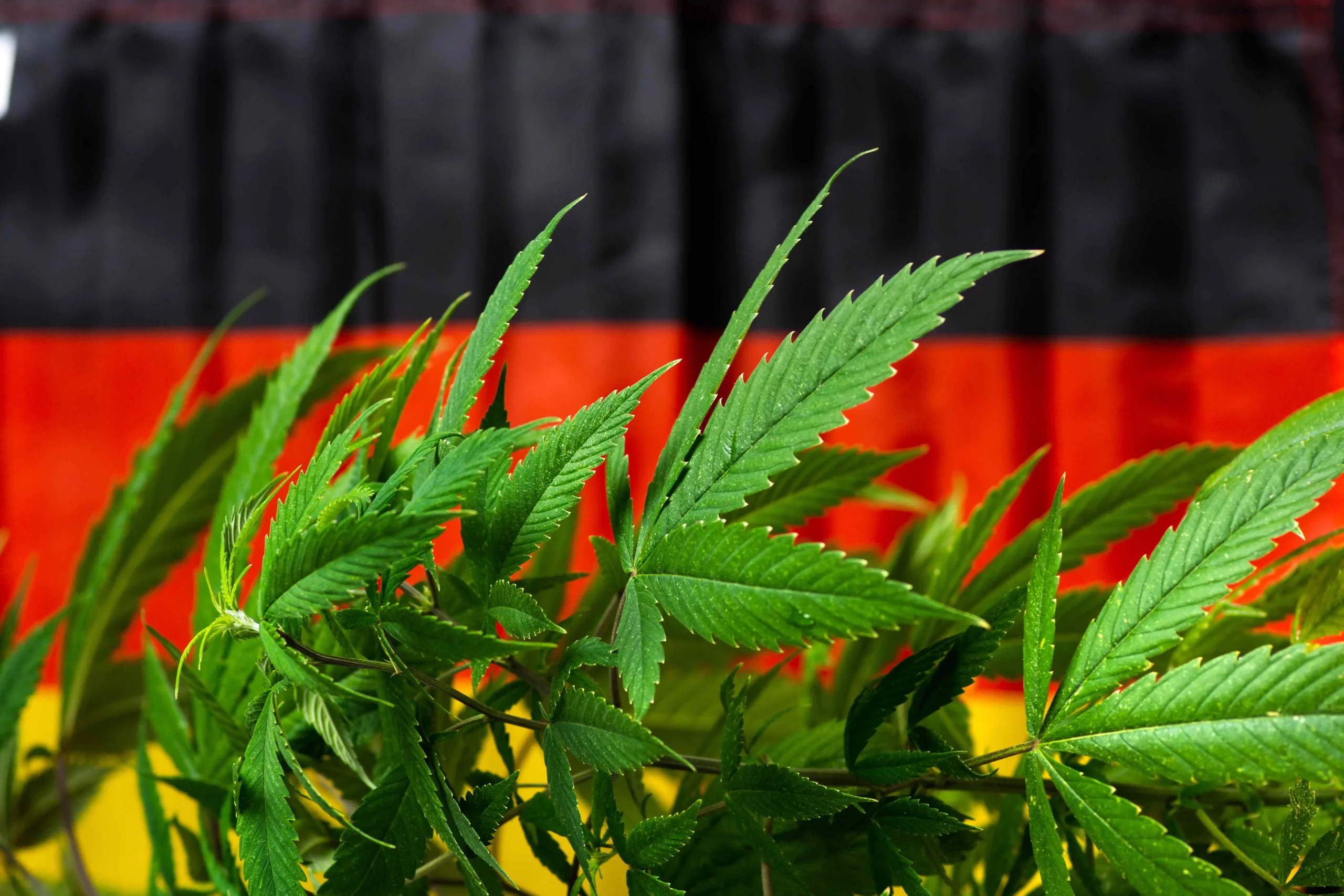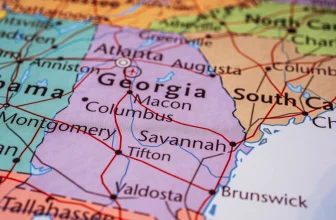
Move over Netherlands, there’s a new player in town, and they’re about to schtart some serious legislation involving gummies, joints, and bongs. Yes, I’m talking about Germany. The land of fast cars, nude beaches, and hopefully legalized ganja.
Recently the German government has made big moves to legalize recreational cannabis — planning to have a law drafted by the end of 2022. If passed, this could set an example to other European Union countries to follow suit and create jobs, tax dollars, and opportunities for Europe.
German Chancellor Olaf Scholz has vowed to legalize recreational cannabis since 2021, and if the legislation is passed, Germany could create huge economic opportunity, including an estimated $4 Billion in tax revenue.
The government’s official motivation for legalization is to break up the black market trade and protect minors from contamination and early access. Health Minister Karl Lauterbach said in a statement that the government would practice a “safety first” principle in its efforts toward legalizing marijuana use.
If Germany, the largest EU economy, enters the legalized cannabis space with countries like the United States and Canada, there will probably be a domino effect. Justus Haucup, Director of the Dusseldorf Institue for Competition Economics, said, “European countries that have a much bigger problem with illegal cannabis use, like France, are watching very closely what Germany is doing at the moment.”
Germany has also made it a priority to analyze the social effects of the new legislation after four years — ensuring it is indeed doing everything it wants to accomplish.
To fight against black market trade, cannabis and hemp industry leaders are lobbying for Germany to offer competitive pricing and internet-based purchase capabilities instead of just relying on sales from a select group of brick and mortar dispensaries.
Niklas Kouparanis, CEO of Cannabis company Bloomwell said, “Legalisation will only be a success if we manage to drain the black market, and we will only be able to do that if we can provide a comprehensive nationwide supply of legal cannabis. If you only have a handful of supply stations in Bavaria, for example, the black market will survive, and Germany will become a model to emulate for precisely no one.”
One thing the German government will have to consider since they legalized medical marijuana in 2017 is their reliance on Canada, Spain, Portugal, and the Netherlands to import 85% of its annual use. The addition of legalizing cannabis for recreational use will put an even more significant strain on the government, and they’ll need to figure out where and how they meet demand.
One Giant Step for Germany. Hopefully, One Leap for Europe
With Germany making the necessary, practical, and well-thought-out steps to legalize recreational cannabis use — the rest of Europe should be excited. This is a great step in providing jobs, tax dollars, education, and safety to minors from illegal and unmonitored products.
Germany has acted as a leader and benchmark for progressive legislation. This new opportunity has the potential to help many people and governments discover new ways to not only protect the youth but make cannabis use safer and more monitored.
As a reference, for many people growing up in the United States before cannabis became legal, it was easier for minors to find illicit marijuana than alcohol. Also, no one had any idea of the quality they were getting. It could be sprayed with window cleaner, angel dust, or worse!
Germany’s new legislation aims to end that problem responsibly. Hopefully, the rest of Europe follows.






